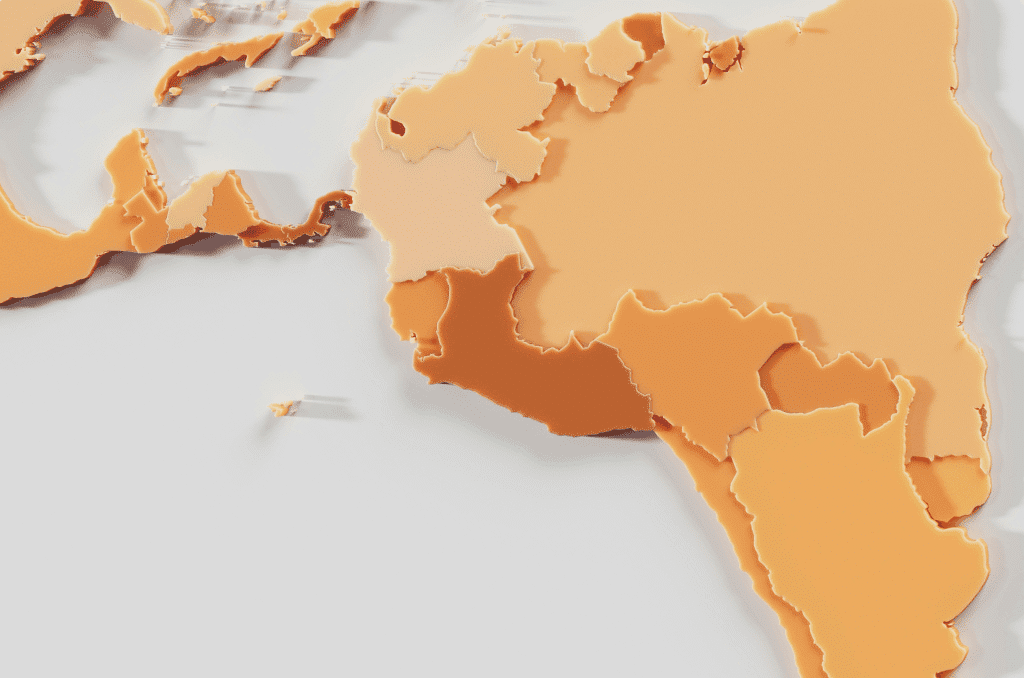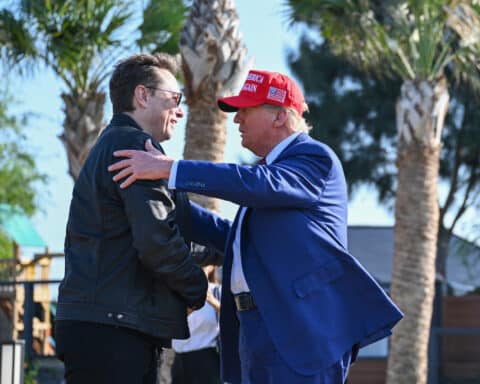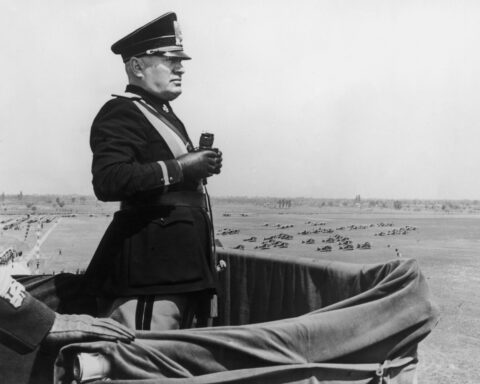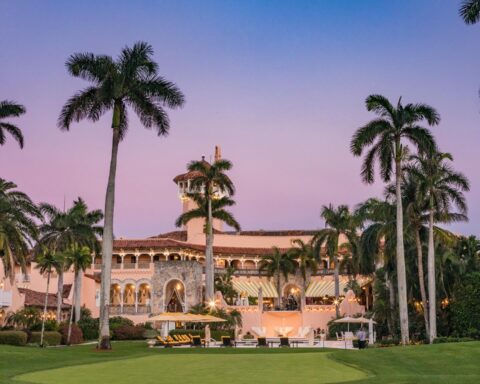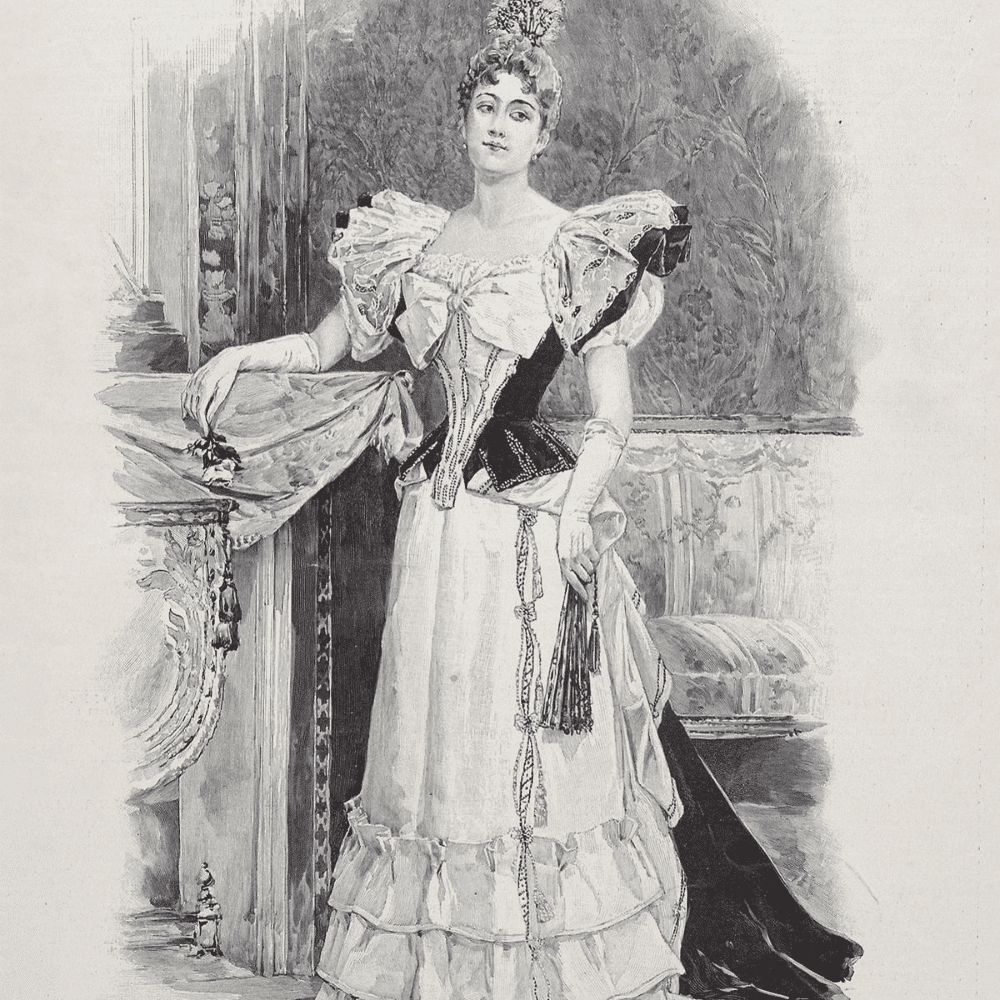As the European Union prepares to sign a free-trade agreement with Latin American countries, France, faced with unprecedented protests from the farming community, is one of the few member countries to oppose it. For its part, Germany, in the midst of a recession, is more than enthusiastic about the idea of seeing customs duties gradually lifted on its vehicle exports across the Atlantic, in return for opening up competition on foodstuffs.
“Meat for cars
This is the essence of the treaty that the European Union hopes to sign with the Mercosur countries by the end of the year. It would enable economic development through the free circulation of goods. It would remove customs duties in Mercosur on certain products from Europe, such as automobiles, clothing and wine , and vice versa on agricultural products such as meat, soya and rice imported from South America by the European Union.
While some see this as a strategic move for their exports, others, France in the forefront, are crying foul over the threat of competition perceived as unfair by their farmers.
An agreement 25 years in the making
The so-called Mercosur free-trade zone – a contraction of Mercado Común del Sur (Southern Common Market) – was concluded on March 26, 1991 with the Treaty of Asunción. It was signed by the four countries of Argentina, Brazil, Paraguay and Uruguay. They were joined in 2012 by a fifth country, Bolivia.
These five countries account for 80% of South America’s GDP , and are all major agricultural powers, led by Brazil, the region’s main producer. Along with Argentina, Brazil is also a giant in intensive livestock farming.
For its part,the European Union laid the foundations for its negotiations with these Latin American countries back in 1999.
The President of the European Commission, Ursula Van Der Leyen, is calling for the signing of such a free trade agreement with the five South American countries.
Should the agreement be adopted, it would be the largest ever signed by the European Union, both in terms of population (780 million inhabitants for the two markets ? in the case of its American partners to the south) and in terms of trade volumes, with between 40 and 45 million euros worth of imports and exports.
The Mercosur agreement provides for the elimination of 90% of customs duties on certain products within member countries on both sides of the Atlantic.
The measure could particularly benefit the European agri-food, pharmaceutical and automotive industries.
But for livestock farmers, sugar producers and cereal growers, it’s a different story, particularly in France, a major agricultural nation.
Unfair” competition in France
Since Monday November 18, from Agen to Beauvais, farmers’ anger has been simmering across France, in the form of demonstrations and blockades. Led by the country’s leading farmers’ union, the FNSEA, and determined in its fight, the agricultural sector has announced that it will maintain its protest movement until mid-December. This date coincides with the next Mercosur summit of Latin American countries, scheduled for December 5-7.
Against a backdrop of deindustrialization and structural difficulties in agriculture, opposition to the signing of the agreement has spread to the government and even to parliament, abolishing all partisan logic. On his way to the G20 in Rio de Janeiro, Emmanuel Macron paid a visit to his Argentine counterpart on November 17. Confronted by the ultraliberal Javier Milei, nicknamed the “Trump of the Pampas” and due to be elected in December 2023, the French president was categorical: “France is opposed to this agreement”.
For his part, French Prime Minister Michel Barnier pledged to stand up to the European Commission and its President Ursula Van Der Leyen: “under current conditions, this agreement is not acceptable to France and will not be.”
What French elected representatives and producers fear in particular is the export of 99,000 tonnes of beef per year from southern countries.
These countries are led by Brazil, reputed to be less strict in terms of environmental standards and health controls , with the added bonus of the uninhibited use of pesticides, growth hormones and animal meal, all practices prohibited in Europe.
In detail, however, the volumes negotiated appear anecdotal: the 99,000 tonnes of beef imported into Europe from Mercosur and the 180,000 tonnes of poultry represent 1.2% and 1.4% respectively of domestic beef consumption. The 27-member European Union exports 40 million tonnes of meat a year.
While some voices point to the existence of safeguards such as well-established quotas and border controls, others point out that only Uruguay is able to trace its cattle.
Xavier Bertrand, President of the Haut-de-France region, crystallized the existential fears of French farmers and breeders, declaring: “Our plates are not garbage cans. Like him, many professionals fear a price war that would encourage the use of meat from Argentina or Brazil.
In the face of this outcry, some experts point out that certain French sectors in great difficulty would nevertheless have everything to gain from exporting more of their produce, such as winegrowers, recently confronted with extreme climatic episodes, and dairy, pork and beef professionals.
It should be noted that, despite strong protests in the country, France can constitutionally do nothing if the European Commission approves the text, but it can still prevent it.
Germany and Spain, spearheads of Mercosur
While France is putting the brakes on and seeking to bring on board other countries, such as Poland and Italy, which are convinced that they have signed “a bad deal”, two other nations have a greater interest than the others in signing the treaty.
Germany is in the midst of a recession. Its automotive industry, once the country’s flagship, is currently going throughone of the most serious crises in its history. In need of new outlets, the opening up of this new market would represent an unhoped-for opportunity. According to Elisabeth Young, automotive expert at Wave auto, this would mean 10% more exports for the German automotive industry. She points out that Mercosur is the world’s fourth-largest economic market. Not to mention the fact that agriculture plays a smaller role in the Mercosur economy than in France.
Spain, for its part, would have every interest in importing more soya and corn to feed its pork industry. Lifting taxes would enable the industry to obtain supplies more cheaply. Prime Minister Pedro Sanchez’s government pointed out that this agreement was all the more “strategically necessary ” as the country, like Portugal, is culturally close to the Mercosur countries, and already trades actively with these member states. On Monday November 18, Spain’s Minister of Agriculture, Luis Plana, defended the treaty: “It’s important to sign new trade agreements to maintain our economic influence. Spain has always been very clear about its position.”
For Olivier Costa, Director of Research at the CNRS specializing in the European Union, this “urgency on the part of certain countries to sign this agreement ‘ is essentially linked to the uncertainties surrounding ’the war in Ukraine, Trump’s forthcoming protectionist policy or the trade war with China.”
But the situation is not over yet, as European deputy Nathalie Loiseau pointed out to France info on the evening of November 22. At the time, only 11 of the 27 European Union member states – by no means a majority – were in favor of the text as it stood.
For its part, France hopes to establish a blocking minority. To do this, it needs to put together an opposition made up of four member states, representing at least 35% of the European population. Representing 15% of the European population in January 2020, France is confident that it will be able to overturn the agreement with the help of countries such as Italy (13.5% of the European population) and Poland (8.5%).
Read also > Javier Milei, the Trump of the Pampas, elected President of Argentina
Featured Photo: Unsplash+




